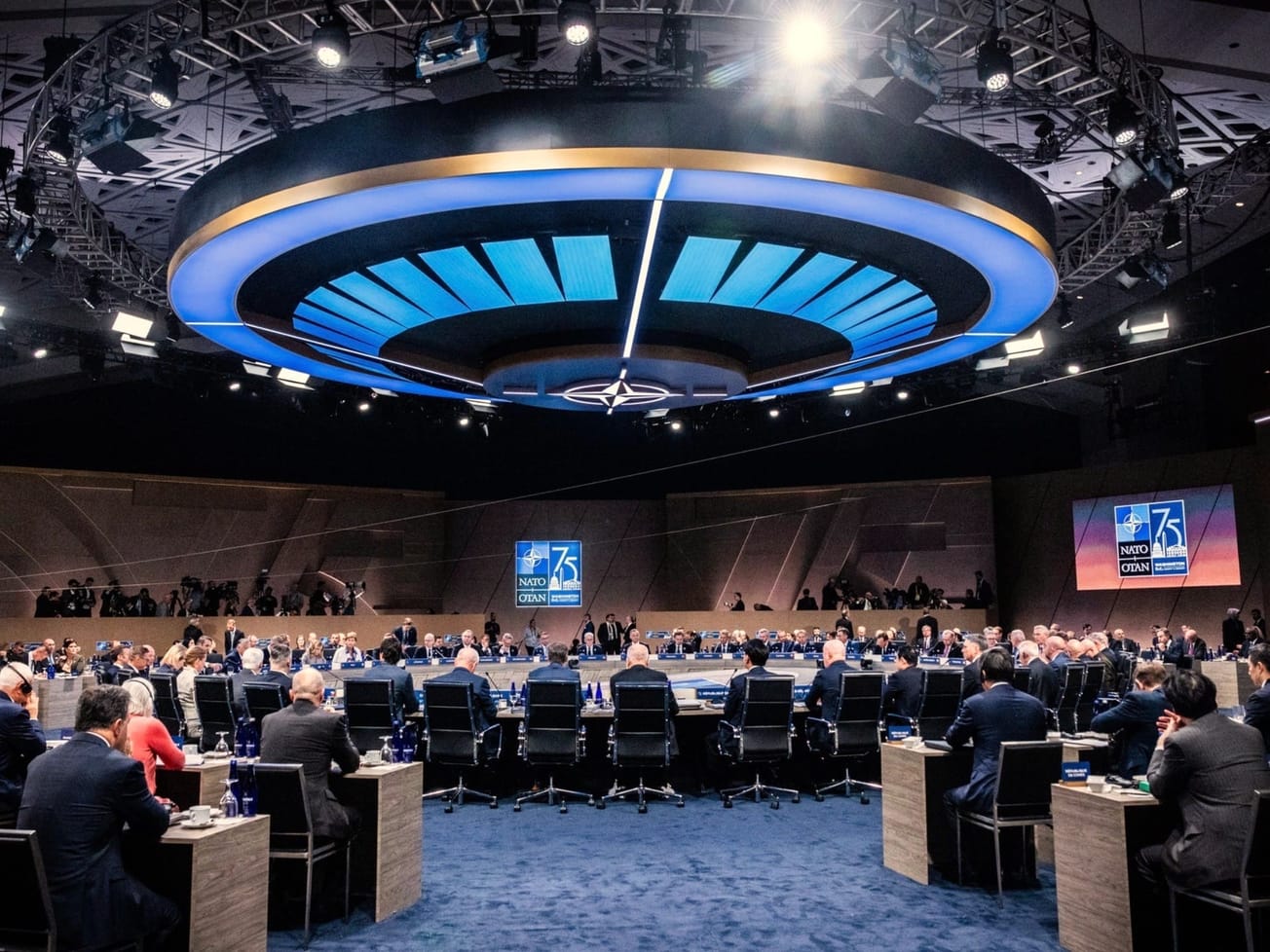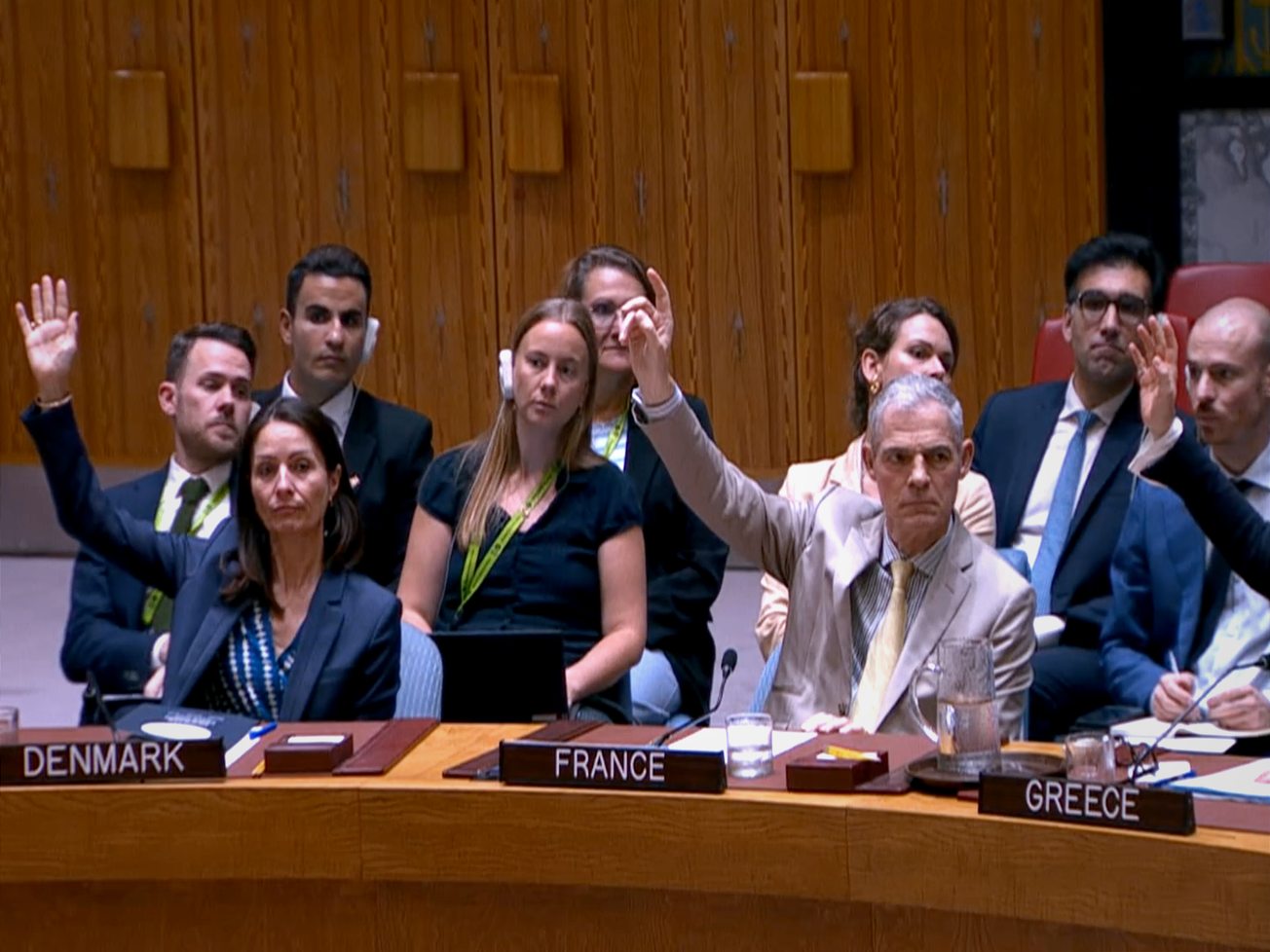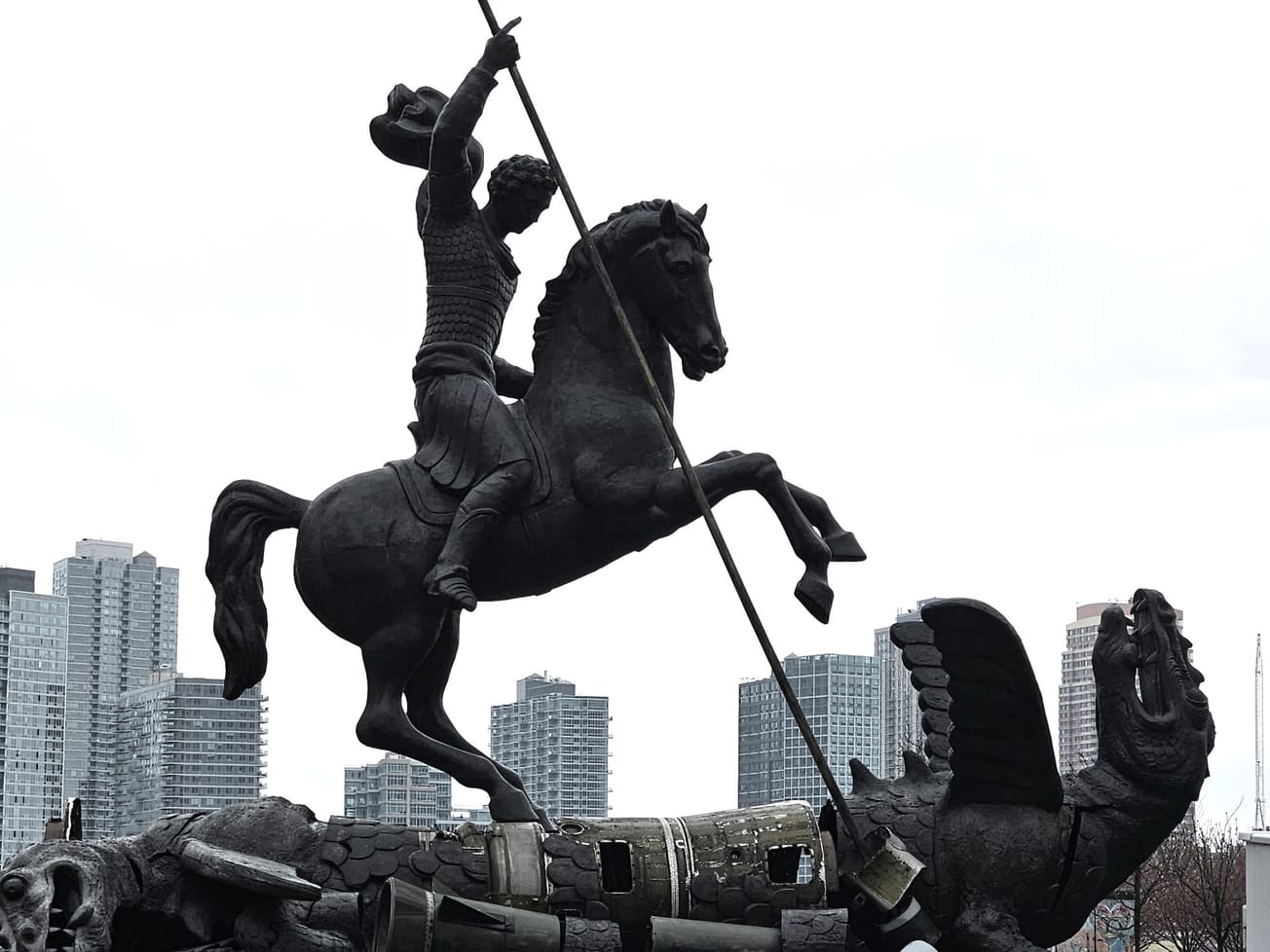Embroiled in a crucial election year, the United States couldn't stem the flood of questions and uncertainty swirling around NATO's summit and 75th anniversary which focused on its "unwavering" support for Ukraine.
NATO members' worries about U.S. President Joe Biden's clouded political future and the thought of NATO antagonist Donald Trump returning to the White House ran head-on with the three-day summit held in Washington at a perilous time for Ukraine and Western relations with Russia and China.









